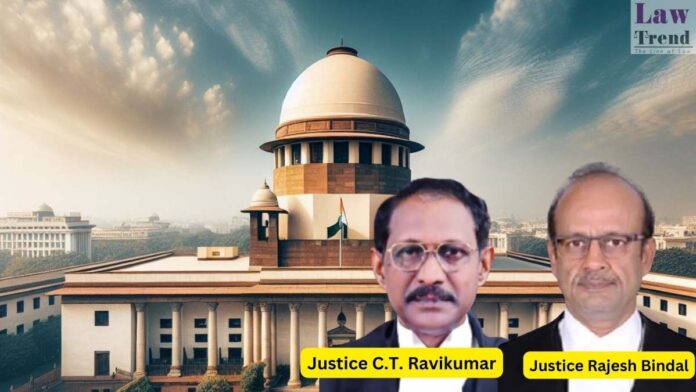In a recent judgment, a two-judge bench of the Supreme Court comprising Justice C.T. Ravikumar and Justice Rajesh Bindal ruled that a second complaint based on the same set of facts is not maintainable if the initial complaint has already been adjudicated on merits. This ruling, delivered in Criminal Appeal No. of 2024 (arising out
To Read More Please Subscribe to VIP Membership for Unlimited Access to All the Articles, Download Available Copies of Judgments/Order, Acess to Central/State Bare Acts, Advertisement Free Content, Access to More than 4000 Legal Drafts( Readymade Editable Formats of Suits, Petitions, Writs, Legal Notices, Divorce Petitions, 138 Notices, Bail Applications etc.) in Hindi and English.




